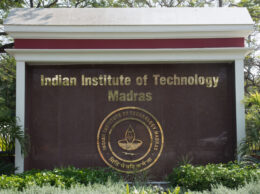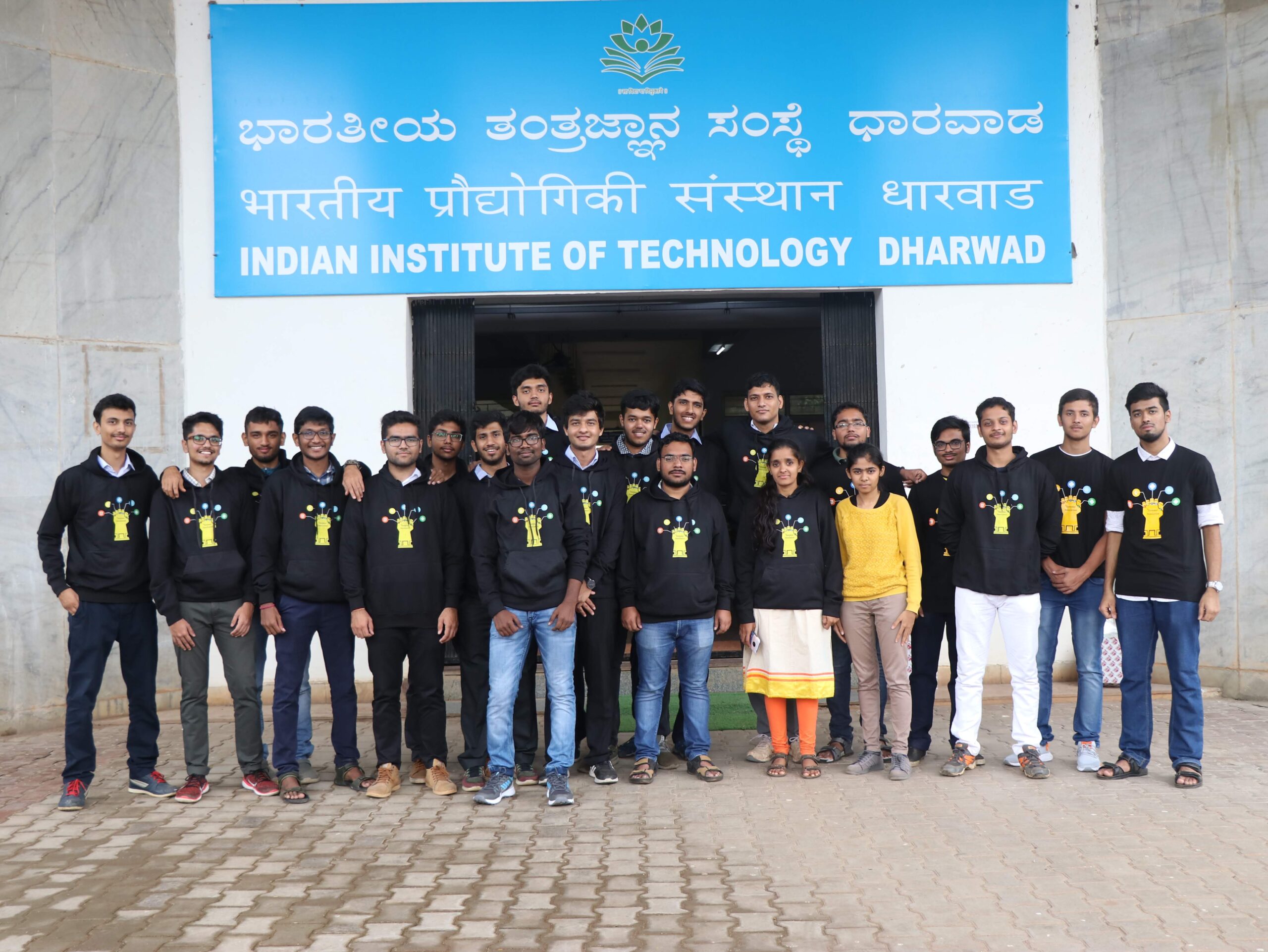: Indian Institute of Technology Madras Researchers have found an association between a particular tissue-remodelling enzyme called ‘MMP7’ and risk of hypertension.
Hypertension, a common disease in India, is associated with remodelling of heart tissues. Matrix metalloproteinases (MMPs) play a crucial role in such hypertension-induced heart tissue remodelling, which results in alterations in the structural and mechanical support to blood vessels. This directly results in increased risk for cardiovascular diseases.
MMPs are a group of enzymes that have been found to be associated with degradation of extracellular matrix proteins (that provide structural support to the cells), during regular tissue growth. MMPS are active during normal growth, and in events such as wound healing, tissue repair and remodelling in response to injury. While the activity of MMPs in healthy adult tissues is normally quite low, it has been found that certain illnesses such as inflammatory diseases, tumour growth and metastasis can cause an increase in MMP activity.
The Research was undertaken by a team led by Prof. Nitish R. Mahapatra, Department of Biotechnology Bhupat and Jyoti Mehta School of Biosciences, IIT Madras.The Results were recently published in the reputed peer-reviewed journal Hypertension.This study was carried out in collaboration with Translational Health Science and Technology, Faridabad, CSIR-Indian Institute of Chemical Biology, Kolkata, PGIMER-Chandigarh and Madras Medical Mission, Chennai. The research paper has been co-authored by Dr. Lakshmi Subramanian, Ms. SakthisreeMaghajothi, Mr. Mrityunjay Singh, Dr. Kousik Kesh, Dr. Ananthamohan Kalyani, Mr. Saurabh Sharma, Dr. Madhu Khullar, Dr. Suma M. Victor, Dr. SnehasiktaSwarnakar, Dr. Shailendra Asthana, Dr. Ajit S. Mullasari, and Prof. Nitish Mahapatra.
Speaking about the findings of this research, Prof. Nitish Mahapatra said, “This study helps us better understand the role of variations and functional regulatory changes in MMP7 gene promoter in increasing risk of cardiovascular disease among individuals. This understanding will help us embark on preventive strategies for individuals carrying the variation that could lead to hypertension and related cardiovascular complications.”
Blood levels of a particular type of MMP called ‘MMP7’ has been found to be elevated in the event of hypertension, cardiovascular diseases and other metabolic syndrome group of ailments such as diabetes mellitus. An earlier study has shown that knocking down MMP7 can reduce hypertension in rats. Structural changes in MMP7 gene, have been associated with coronary artery disease, acute myocardial infarction, multiple sclerosis, rheumatoid arthritis, and several cancers. However, the connection between variations in the MMP7 gene and hypertension has hitherto not been well-understood.









